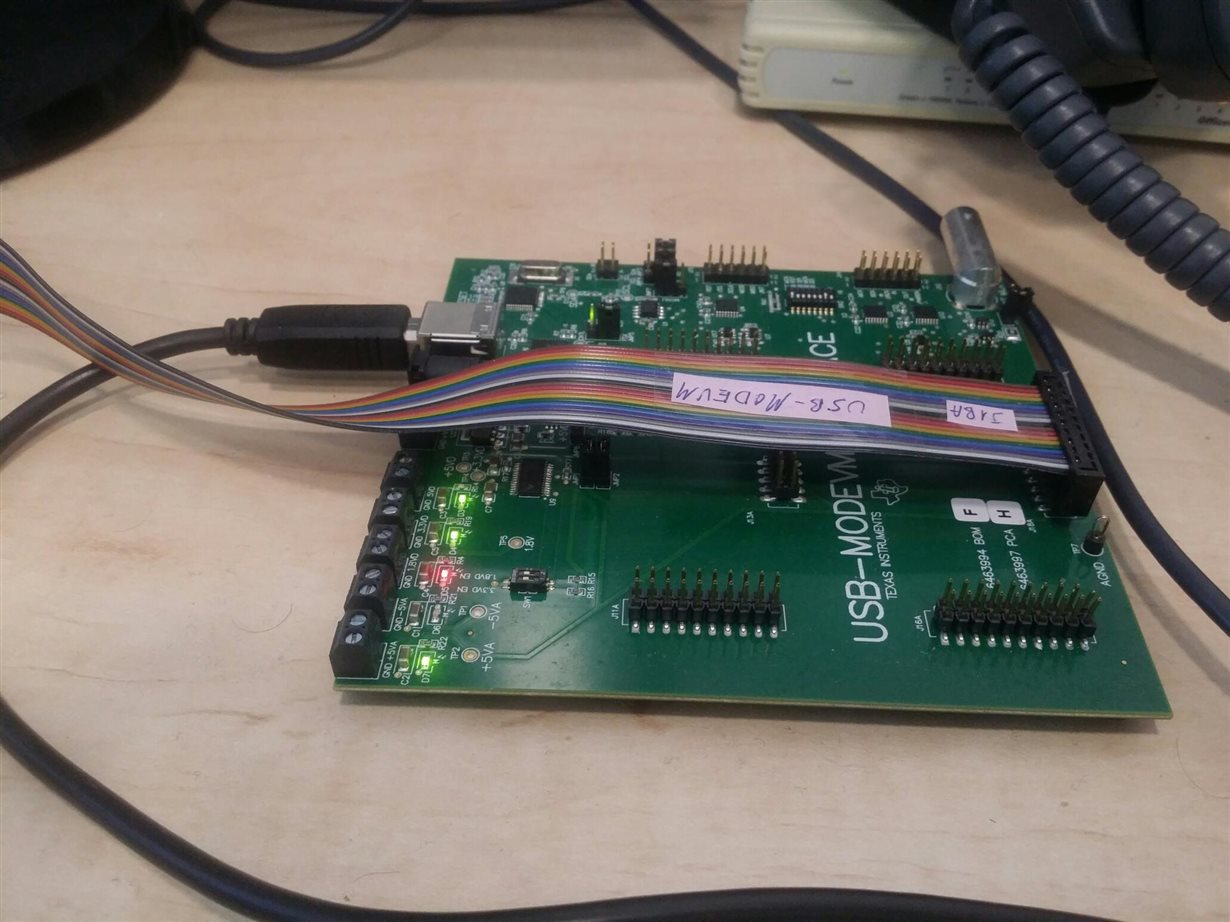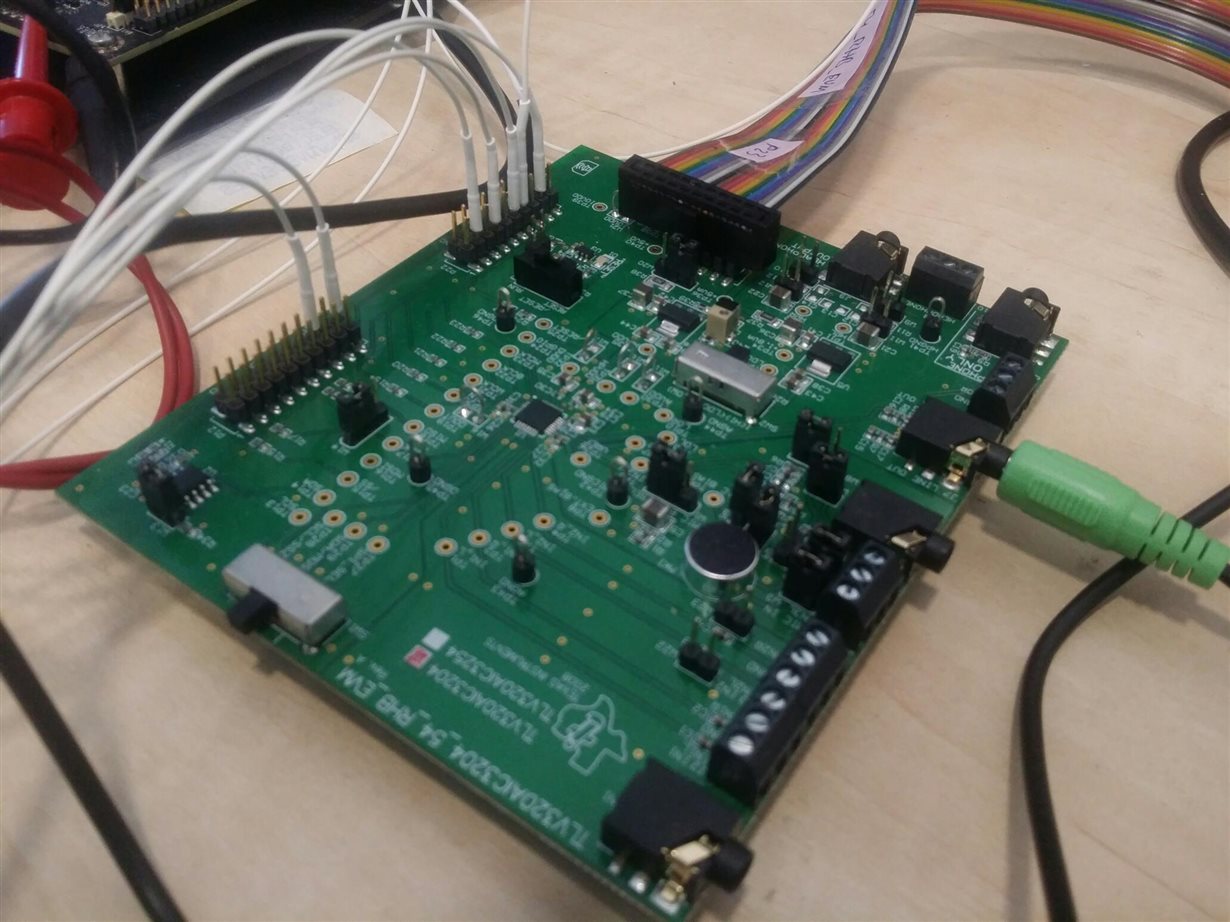Tool/software: Linux
Hello,
I have two questions:
1) can I use the same I2S for input and for output simultaneously or should I used different ports?
2) Where can I get the configuration required to set up the routs for the ALSA framework?
Regards,
Igal



